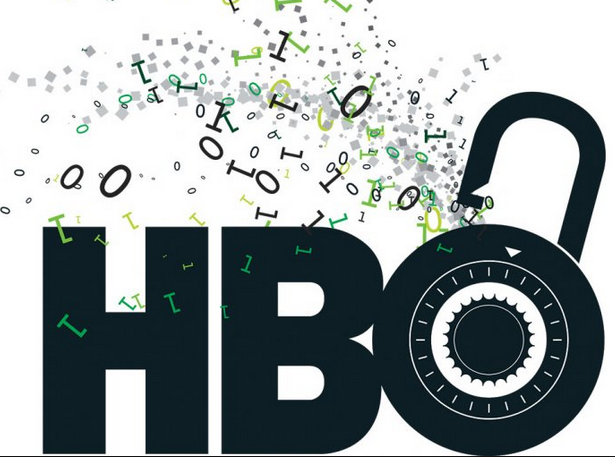Share This
Related Posts
Tags
Game of Hacks
By Cutright Elizabeth on Aug 4, 2017 in Technology
On Monday, H BO confirmed hackers breached the company’s servers and stole an unconfirmed amount of the company’s data including scripts, unreleased television episodes and much more. The incident is already being compared to the 2014 Sony hack, when approximately 26 gigabytes of data, including inflammatory emails and employee data, were released online. Though some of the network’s content has been leaked in the past – two years ago, stolen DVDs containing the four first episodes of Game of Thrones season five were leaked online – this is the first time HBO has experienced a cyber-attack of this scope.
BO confirmed hackers breached the company’s servers and stole an unconfirmed amount of the company’s data including scripts, unreleased television episodes and much more. The incident is already being compared to the 2014 Sony hack, when approximately 26 gigabytes of data, including inflammatory emails and employee data, were released online. Though some of the network’s content has been leaked in the past – two years ago, stolen DVDs containing the four first episodes of Game of Thrones season five were leaked online – this is the first time HBO has experienced a cyber-attack of this scope.
“HBO recently experienced a cyber-incident, which resulted in the compromise of proprietary information,” the company said in a statement. “We immediately began investigating the incident and are working with law enforcement and outside cyber security firms. Data protection is a top priority at HBO, and we take our responsibility seriously to protect the data we hold.”
While the total size of the data stolen has not yet been confirmed, the hackers claim they’ve accessed up to 1.5 terabytes of data. Experts believe the stolen information could include sensitive financial information and even employee records.
Already leaks of some HBO content are appearing online, including upcoming episodes of Ballers and Room 104, as well as the alleged script for the fourth episode of Game of Thrones. In an email sent to reporters on Sunday night, the hacker group confirmed they planned to leak more of the information in the coming days, writing:
“Hi to all mankind. The greatest leak of cyber space era is happening. What’s its name? Oh I forget to tell. It’s HBO and Game of Thrones……!!!!!! You are lucky to be the first pioneers to witness and download the leak. Enjoy it & spread the words. Whoever spreads well, we will have an interview with him. HBO is falling.”
HBO chairman and CEO Richard Plepler called the company’s response to the breach, “a textbook example of quintessential HBO teamwork.” In an email notifying staff of the breach, Plepler wrote, “I can assure you that senior leadership and our extraordinary technology team, along with outside experts, are working round the clock to protect our collective interests. The efforts across multiple departments have been nothing short of herculean.”
Entertainment companies continue to be popular cyber-attack targets, in part because of the notoriety surrounded such incidents. In 2014, a group calling itself The Guardians of Peace (allegedly working on behalf of North Korea), were able to breach the servers for Sony Pictures, stealing social security numbers, salaries, movies and other personally identifiable information. Within days of the incident, the stolen data was posted online. This April, hackers gained access to Netflix servers and released episodes of Orange is the New Black before that show’s release on the popular streaming service.
While a ransom demand in May involving Walt Disney pictures was ultimately revealed to be a hoax, the entertainment industry should anticipate similar attacks moving forward. The 2016 Verizon Data Breach Investigations Report confirmed 232 security incidents in the entertainment and information industries for the previous year. HBO’s Plepler seems to agree, concluding his email by writing “The problem before us is unfortunately all too familiar in the world we now find ourselves a part of.”
In a 2016 report entitled, New Security Challenge: Are Media & Entertainment Companies Ready?, the authors warn that proactive cyber security actions are needed in order to protect critical data. “…as new players get into the act and potent new tools emerge that can make it much easier to penetrate a company’s defenses,” explain the report’s authors. “That’s why it’s more critical than ever for media and entertainment companies to step up their efforts to safeguard their digital assets with a new, holistic approach to security that’s tailored to the unique context in which such companies operate, and that can keep pace with the ever-growing frequency and sophistication of attacks.”
“Doing so is vital to not only their competitiveness, but also to their very survival.”
